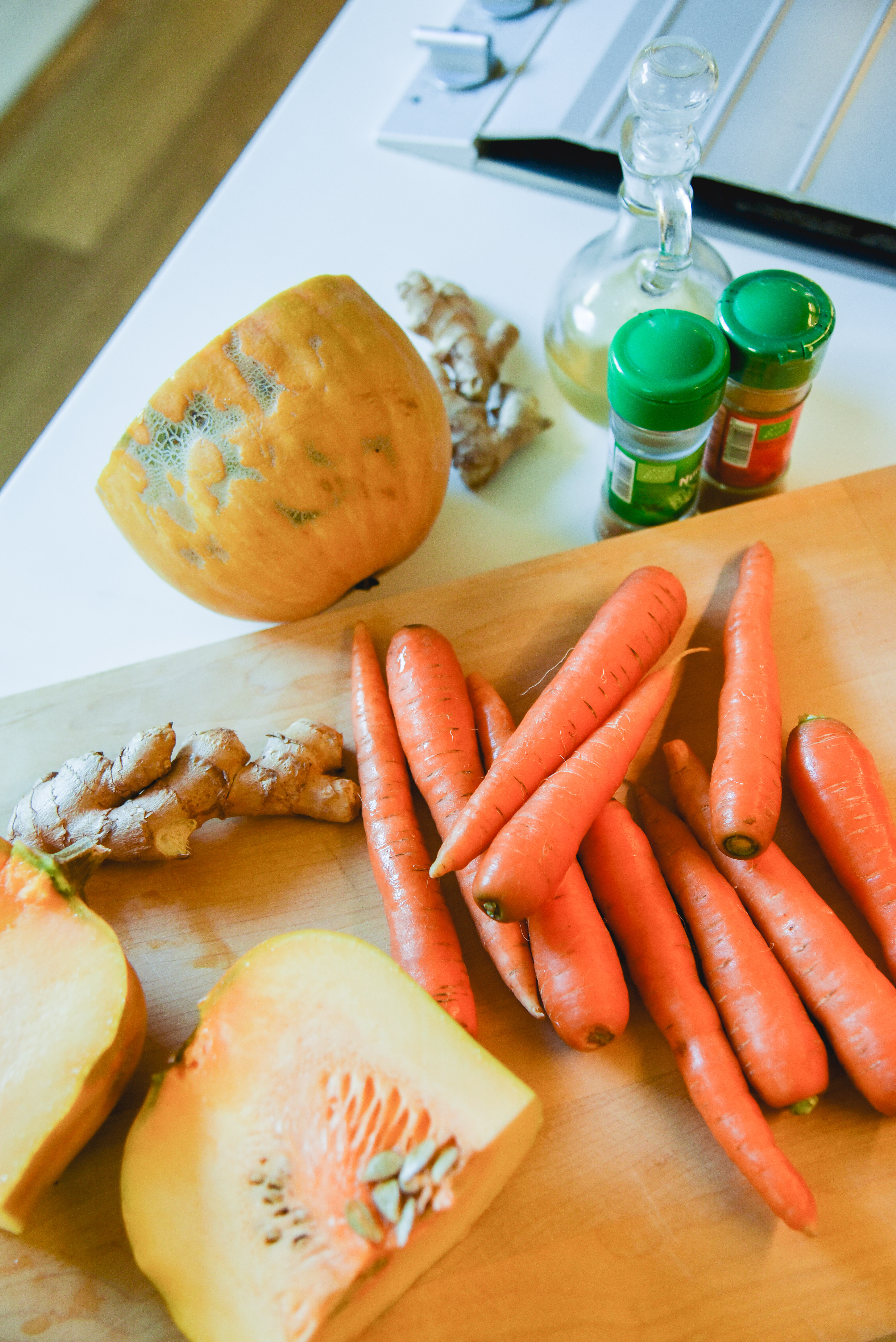What should I eat to boost my collagen?
Most of us tend to look for the perfect anti-aging treatment on the shelves of cosmetics and dietary supplements. In effect, the solution lies in our… refrigerator, since nutrition plays a key role in collagen production.
In general, creams that promise to restore the youthfulness of our skin, act on a superficial level by hydrating the skin, rather than increasing its volume and elasticity. Similarly, the action of hydrolyzed collagen supplements remains controversial, due to the small number clinical studies that have been conducted regarding their effectiveness. For all these reasons, the way I choose to protect my skin against aging is nutrition, consuming foods that contain collagen, but also superfoods that give the body all the nutrients necessary for collagen production.

12 Foods That Boost Natural Collagen Production
- Garlic: It is rich in sulfur, a trace element that helps in collagen synthesis and prevents its breakdown. Since large amounts of garlic are needed to benefit in terms of beauty, try to include it in as many recipes as you can.
- Green Leafy Vegetables: Spinach, kale and lettuce are rich in chlorophyll, a substance that enhances the precursor form of collagen called procollagen. In addition, they contain vitamin C, zinc and copper, all of which are essential for collagen production.
- Beans: A food rich in amino acids and copper, which are essential for collagen synthesis.
- Cashews: The next time you eat nuts, choose cashews, as due to their high copper and zinc content stimulate the fibroblasts.
- Tomatoes: Fresh, sun-dried or in sauces they contain high levels of vitamin C, which is essential for collagen production. In addition, they have a high content of lycopene, an antioxidant that protects the skin from photoaging, activates fibroblasts and prevents the breakdown of collagen fibres.
- Veal: It is high in zinc, an essential ingredient for collagen production, and contains three of the amino acids that make up collagen: proline, glycine and hydroxyproline.
- Citrus fruits: All of them are rich in vitamin C, which promotes the function of collagen-producing fibroblasts.
- Avocado: It has a high percentage of antioxidants, biotin and vitamin E and prevents the slowing down of collagen production.
- Kiwi: It is rich in vitamin C and helps the skin restore its lost elasticity.
- Red berries: Strawberries, blueberries and berries are rich in antioxidants and lycopene, which slow down skin aging.
- Salmon: It contains zinc and trace elements that activate the necessary proteins for collagen synthesis.
- Spirulina: Over 60% of spirulina is composed of amino acids, which are the foundations for collagen production.
Foods rich in collagen
- Fish: It is considered extremely rich in collagen, which is even better absorbed by the human body than collagen of animal origin like beef, chicken or pork. Ideally it should be consumed with its skin, which has a high concentration of type 1 collagen, present in abundance in the epidermis, arterial walls, vital organs and bones.
- Bone broth: It is one of the most well-known and popular sources of collagen. You can prepare it by simmering for 24 hours in water with a little vinegar, chicken, beef or any other kind of meat, preferably organic, along with its bones and connective tissue, in order to release the collagen-rich ingredients contained therin. Once the boiling is done, strain the meat and remove the layer of fat that forms on the surface of the pot once it cools. The remaining broth is rich in gelatin, a form of animal-origin collagen. It is worth noting that the most collagen-rich dish of the Greek cuisine is tripe.
- Eggs: They are our friends in anti-aging for many reasons. The first is that they contain type I and type V collagen in the two membranes that separate the egg white from the shell, a part we usually throw away when we peel them. The second is because egg whites contain large amounts of proline, an alpha-amino acid that is essential for the body's collagen synthesis. Some studies have shown that the yolk may contain collagen, but it has not yet been confirmed.
For more information on foods and techniques that boost collagen production, you can watch the related video on my GoodLife by Gina YouTube channel!




